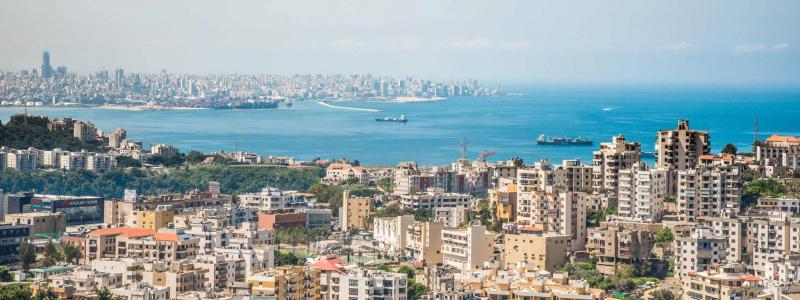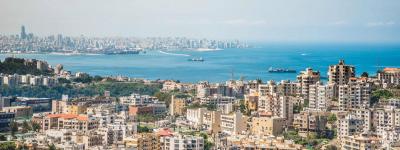The Governor of Beirut, Judge Marwan Aboud, held a meeting in his office at the municipal palace to discuss the implications of the cholera outbreak and to adopt an emergency plan. Present at the meeting were Colonel Ali Sabra, Commander of the Beirut Guard Regiment; Dr. Eli Rbeiz, Acting Director of Public Health; Engineer Basel Al-Awaini, Director of Classified Institutions; Dr. Khaled Abdullah, Head of the Prevention Department in Beirut Municipality; Dr. Mohamed Qabrsli; Engineer Mohamed Dougan, Head of Sanitary Engineering; Samer Yaacoub, Head of the District; and representatives from the Lebanese Red Cross, including Hussein Salam, Major Haitham Fayyad from the Beirut Guard, and First Lieutenants Michel Mer and Haitham Maghrabi from the Beirut Fire Brigade.
The attendees confirmed that the city of Beirut is free from cholera as of the date of the meeting and discussed ways to raise awareness and take measures to prevent the spread of this epidemic in the city. They also agreed to establish a small crisis cell comprising the Acting Health Director of Beirut Municipality, the Head of the Prevention Department, the Head of the District, and the Lebanese Red Cross. This cell's mission is to monitor and observe the development of the epidemic and implement the following points:
- Awareness campaigns in cooperation with the Lebanese Red Cross, local associations and NGOs, supported by both the guard and fire brigades.
- Distribution of awareness pamphlets outlining preventive steps to avoid infection with the epidemic.
- Taking samples from various water sources, wells, and purveyors of bottled water, as well as water tanks from hotels and tourist establishments, and conducting necessary laboratory tests at an agreed-upon lab.
- Purchasing water disinfection materials, such as chlorine, and distributing them, especially in densely populated areas.
- Spraying non-harmful insecticides in various areas and streets of Beirut.




